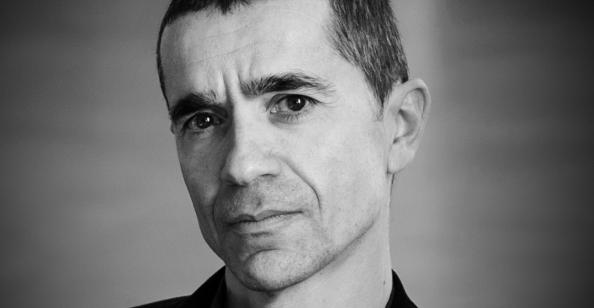
Machines have literally entered the man’s life. In some cases they are in the man himself, inside, for the first time in history determining his naked life, redefining the notion of death, placing the man’s life in what Michel Foucault called biopolitics. However, the objective of the Idiom is not to stereotypically criticize the machine, especially that this text itself can come into being thanks to a series of devices, starting with the computer which I am using to type these words. In the programme of the Idiom we wish to consider the paradoxical aspects of machines’ presence among us, in us and for us, stepping beyond a simple illustration and unambiguous assessment. Already the title of this year’s Idiom conveys emotions: the call oh man / oh machine, on the one hand, is a sigh, represents sadness and fear and, on the other, expresses admiration for the machine. We love, adore the machines and give them our lives, because we always miss something. Dante described this constant tension that pushes us to overstep human condition with the word “trasumanar”.
Events taking place at Malta include music, theatre, dance and visual arts projects; all of them celebrating the spectacular ambivalence of the machine: showing both its power and our fascination with it as well as a regret, sadness and emptiness which the machine tries to, but can only seemingly, fill. There will be shows in which technology is directly present and shows in which it remains hidden, internalised by the subject, untouchable and invisible. Machines are actually not only modern technologies. They are also all kinds of mechanisms: internal, such as the machine of muscles or external, such as social, language, religious and economic rules. Therefore, the machine does not - as it may seem - belong only to modernity, to the times after the industrial revolution. Machines are the mechanisms that we observe everywhere, organising our collective and individual life.
Art, which was called techne in Ancient Greece, is also a mechanism. The nature of this machine makes it possible to analyse human life, as it offers its cool and objective perspective from the outside. When the dynamics of the ancient tragedy reached its limits, the critical point, “deus ex machina” appeared. In-human character of this intervention guaranteed its effectiveness, which means that the man can only be explored and evaluated from the outside perspective of the machine. Maybe for this reason, the machine of the stage enchants us with its cold splendour of real intelligence, which seems to be able to solve human and divine conflicts.
Romeo Castellucci
Idiomu curator
Malta Festival Poznań
24-29.06.2013